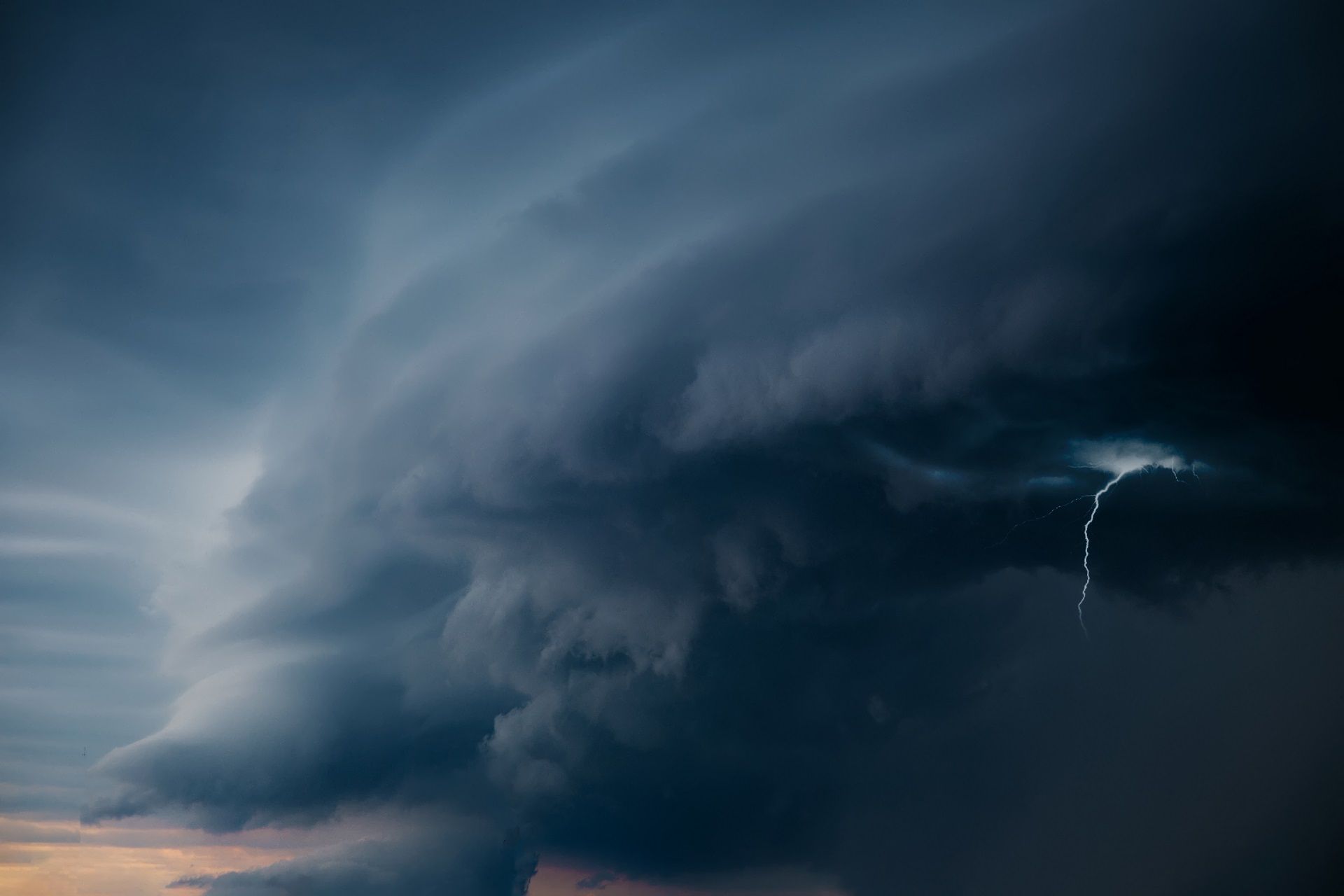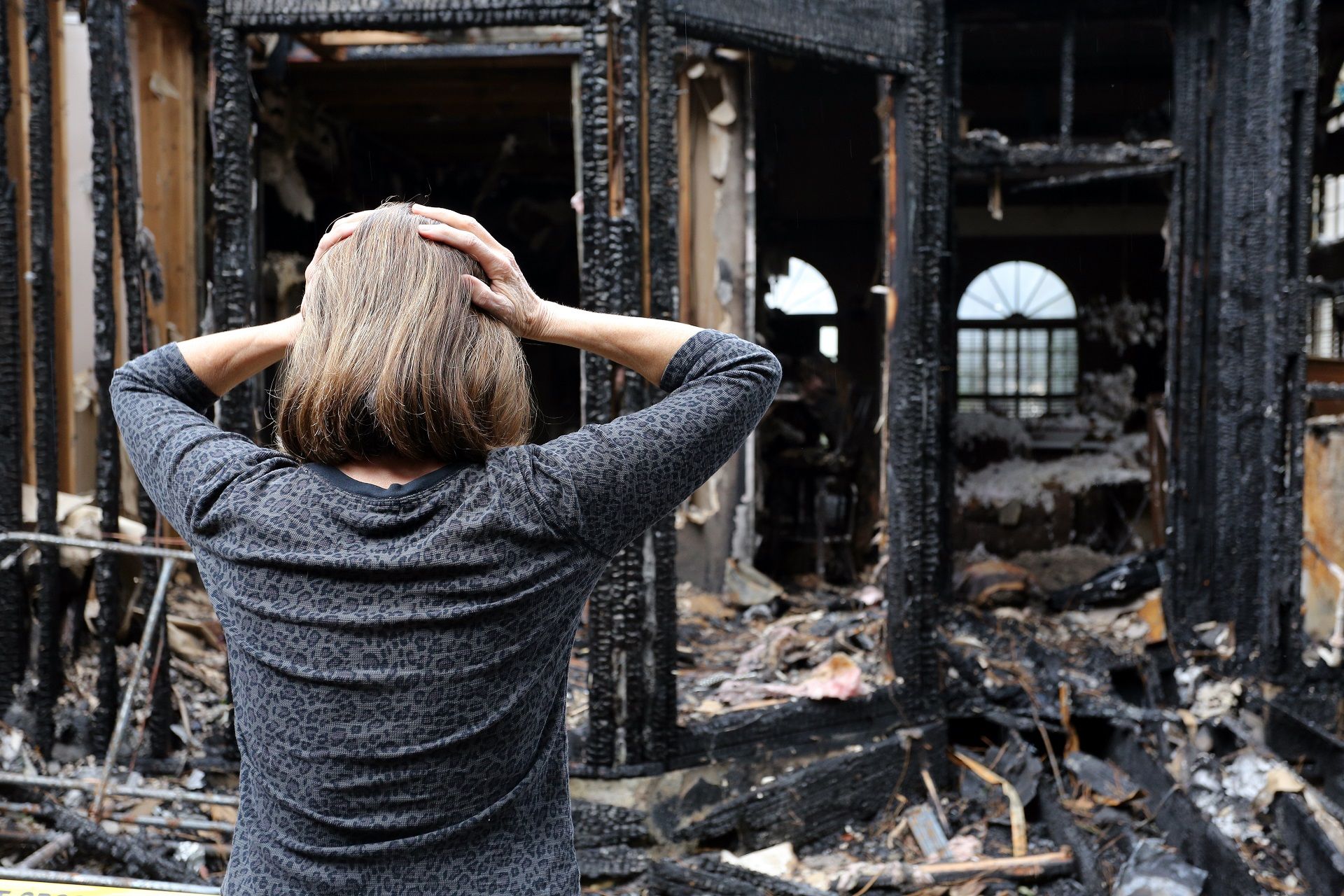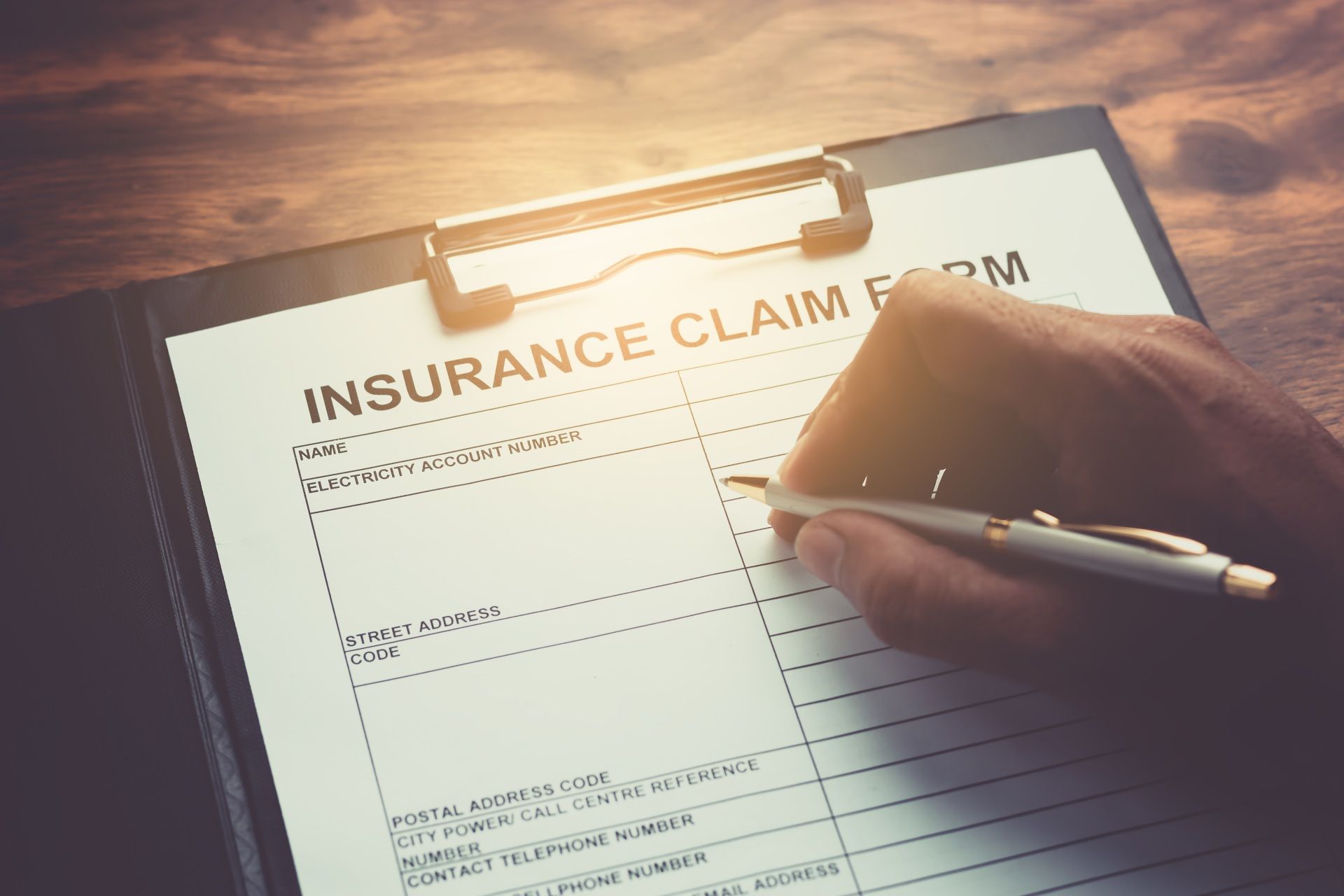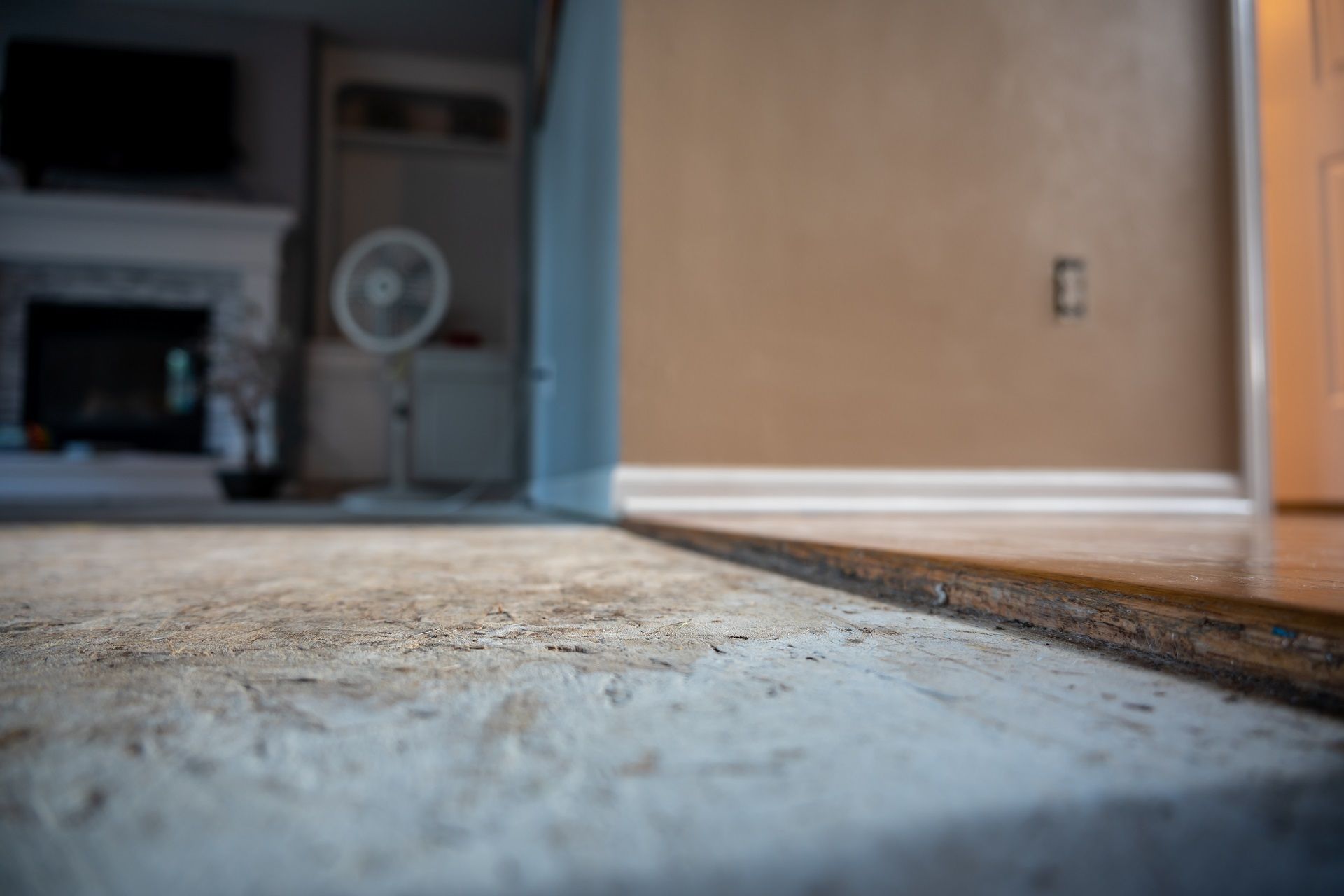Will Homeowners Insurance Cover Water Leaks?
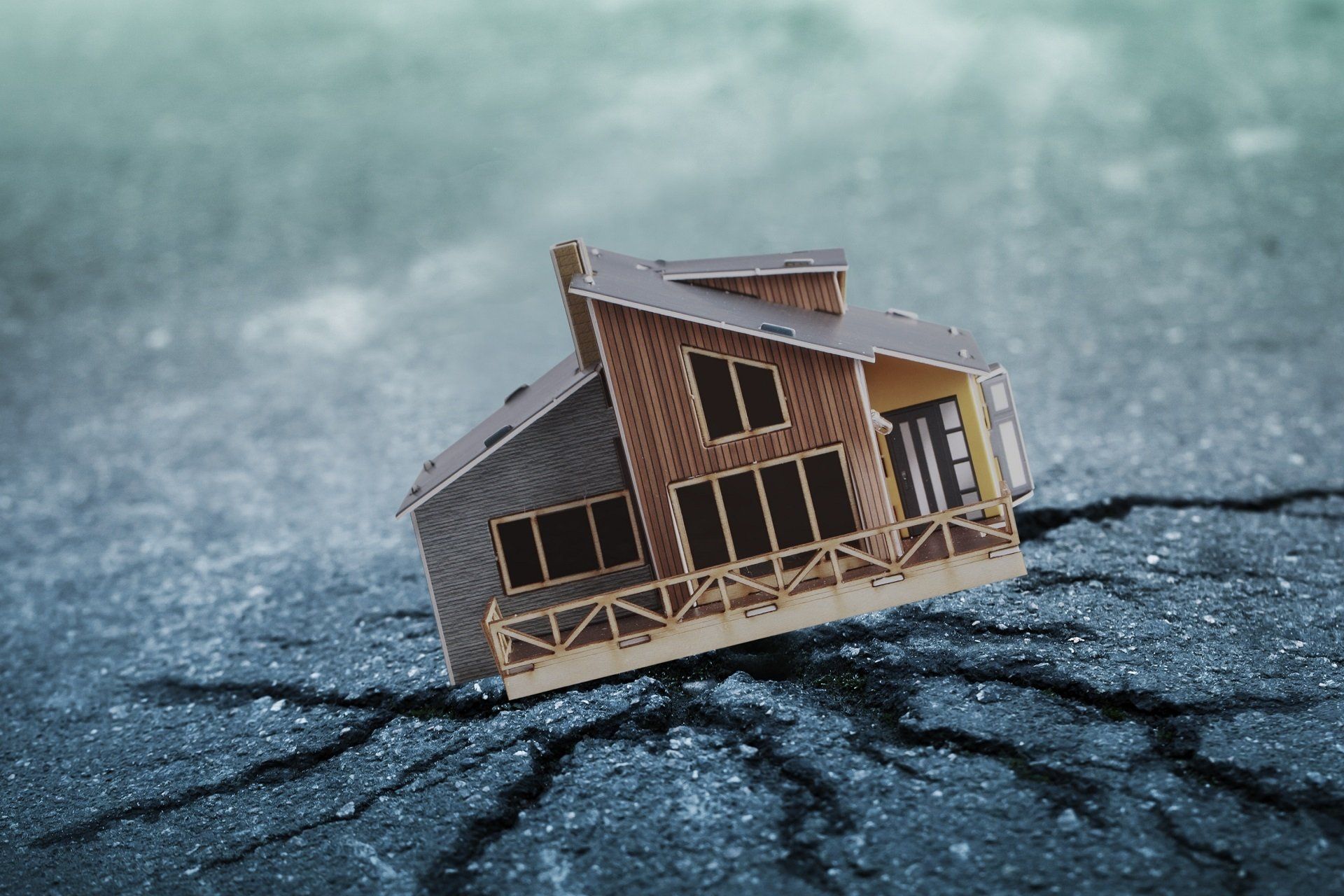
One of the most common causes of claims amongst homeowners insurance is water damage. In fact, they are the second-largest claim in frequency. Approximately one in fifty homes will report it every year. The reason could vary from faulty plumbing to frozen pipes and storm damage.
Typically, a homeowners insurance policy will cover most of the water damage. Nevertheless, there are some exceptions. This is precisely why there exists doubt about making a claim. Most homeowners don’t clearly know what types of water damages are covered by the homeowner’s insurance policy, and, hence, they land up making claims even when they are not covered.
Today, we aim to clarify all those scenarios when people can make a water leak homeowners insurance claim.
Types Of Water Damage Covered By Homeowners Insurance Policy
A homeowners insurance policy will not cover all types of water damage. It only covers a few, which are:
1. Accidental or sudden water discharge.
2. Accidental sewer overflow (you may need an endorsement for this).
3. Water damage due to the storm.
4. Flood damage (in case you have purchased an additional flood cover).
The key here is that the homeowner’s insurance policy covers water damage that is either sudden or accidental. For example, a pipe burst for no good reason is a covered loss. However, damage that occurs due to slowly dripping water over a long period of time is not a covered loss.
Resulting Damage May Or May Not Be Covered
The resulting damage is secondary. It occurs as a result of some other primary damage. For example, the pipe burst that we spoke about above damages the wooden floor. If there is a provision in the homeowner’s insurance policy for covering the resulting damage, you can file a claim for it. Conversely, if the policy does not cover the resulting damage, there is no point in filing a claim as the insurance company will reject it.
Another thing of importance is that if the resulting claim is covered, it will typically have an upper limit. Any expense over that amount will have to be borne by the insured. Therefore, it is necessary to know the amount up to which the secondary damage will be covered.
Types Of Water Damage Not Covered By The Insurance Policy
Water damage that results from negligence or happens gradually is not covered by the insurance policy. Negligence is the homeowner’s fault. Slow damage occurs due to gradual wear and tear, which can easily be avoided by maintenance or taking timely action. Failing to do so is again the homeowner’s fault. As a result, the insurance company has nothing to do with them.
Some scenarios of water damage not covered by the insurance company are:
1. The damage that results from the lack of upkeep and maintenance of plumbing. For example, corroded pipes, leaky faucets, etc.
2. Broken pipes as a result of gradual damage.
3. The damage caused by mold and rotting due to water leaks.
4. The water damage that happens due to water seeping in from the cracks in the foundation.
5. Water damage that happens because of a damaged roof is also not covered.
No matter the type of insurance policy or extent of coverage you buy, damage caused by negligence is hardly ever a covered peril. In rare cases, gradual damage might be covered, but for that, you will have to check the policy wording. You can ask your insurance agent for assistance in understanding the terms of the cover.
Reasons For Denying Coverage
The insurance company can deny coverage if:
1. The damage is found to be gradual.
2. The damage is caused due to the homeowners’ or tenants’ negligence.
3. The claim adjuster
finds signs of fraud, i.e., the homeowner or the tenant is trying to deceive the insurance company and hiding pertinent facts.
4. The primary water damage is not covered by the homeowner’s insurance policy.
Many homeowners believe that the insurer should have covered the loss. In such cases, they can seek a second opinion from a public adjuster. If you don’t wish to go that way, you can still contact your state’s insurance commissioner and file a formal complaint against the insurance company.
Filing A Water Leak Insurance Claim Correctly
The chances of getting your water leak insurance claim approved increase if you file it correctly. So keep these things in mind:
1. Understand The Terms Of The Policy – There is no point wasting your time if the damage is not covered. There is only one way to know, and that is by understanding the complete terms of your insurance policy. Part clarity will only tell you part truth which further terms can negate. Hence, do assume anything.
2. Document The Loss – Take pictures of the loss without moving the damaged objects from their original place. Write down the date, time, and extent of the damage.
3. Take Steps To Limit Further Loss – If necessary, place sandbags and shut down the water supply to control the damage. Remove all salvageable and undamaged items to protect them, etc. These measures are taken to ensure that the damage does not spread.
The Gist Of The Matter
Every homeowner should have a complete understanding of their insurance policy. If you are worried about water damage, buy additional coverages to ensure that you are not left high and dry when the unthinkable happens. If necessary, discuss with the insurance agent your needs and buy a tailored homeowners insurance policy instead of the standard one. Remember that the insurance company will cover only sudden and accidental causes of loss from water leaks. Gradual, intentional, and damage due to negligence are not covered perils.
If you ever find yourself in a dilemma and can’t be sure about the coverage of the claim, you can always ask for help from an independent insurance adjuster. A reputed, trustworthy, and experienced adjuster like Continental Public Adjusters can help you wade through the tedious process of claim settlement. Hiring them will also ensure the maximum return. To book an appointment, call (800) 989-4769.
Disclaimer: The information on this website and blog is for general informational purposes only and is not professional advice. We make no guarantees of accuracy or completeness. We disclaim all liability for errors, omissions, or reliance on this content. Always consult a qualified professional for specific guidance.


